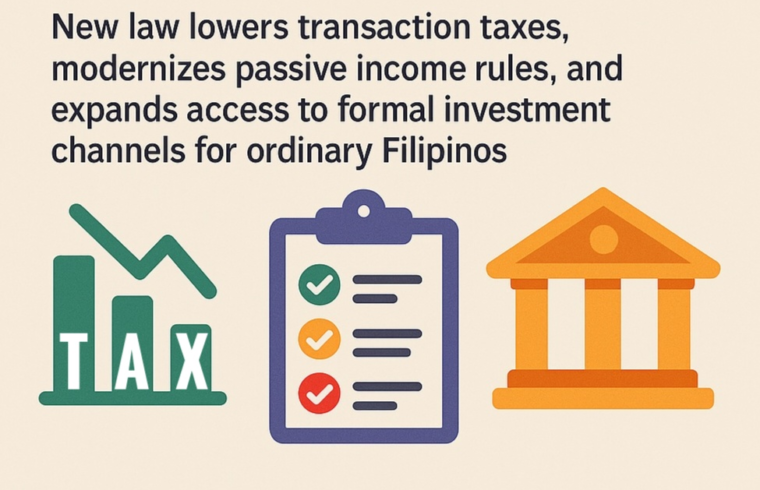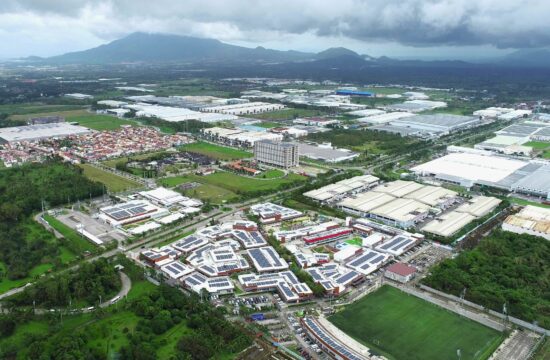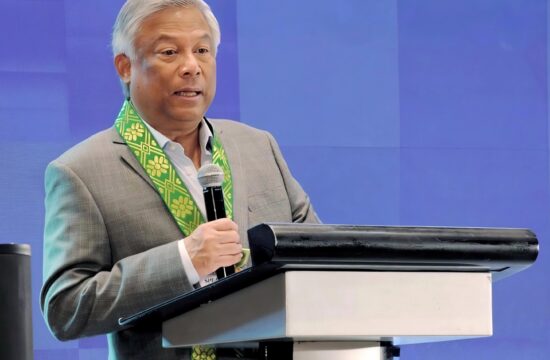The Philippines has enacted a landmark law aimed at modernizing its capital markets and expanding retail investor participation, as part of broader efforts to strengthen financial inclusion and boost economic growth.
Republic Act No. 12214, or the Capital Markets Efficiency Promotion Act (CMEPA), overhauls the tax framework for passive income and financial instruments, reducing costs and aligning local regulations with regional standards.
The measure, signed by President Ferdinand Marcos Jr. on May 29, is projected to raise over P25 billion in additional revenue between 2025 and 2030, supporting the government’s plan to reduce the fiscal deficit to 3.8% of gross domestic product (GDP) by 2028.
The law slashes the stock transaction tax (STT) from 0.6% to 0.1% and lowers the documentary stamp tax (DST) on the original issuance of shares from 1% to 0.75%. It also removes DST on transactions involving mutual funds and investment trust funds, while standardizing the tax on interest income at 20%.
“This is a landmark reform that brings capital market investments closer to the Filipino people,” said Finance Secretary Ralph Recto. “By making investment channels clearer, more affordable, and more accessible, especially for small investors, we open the door to greater financial inclusion for our people.”
CMEPA introduces a uniform 0.75% DST on bonds and similar instruments issued overseas to reinforce tax neutrality. It also broadens the definition of “securities” and formally defines “passive income” for consistent tax treatment across financial products.
The law incentivizes retirement savings by giving employers a 50% additional tax deduction on contributions matching or exceeding employee deposits into Personal Equity and Retirement Accounts (PERA). It also removes tax breaks for government-owned and -controlled corporations (GOCCs) and repeals value-added tax (VAT) exemptions on pickup trucks not used for livelihood purposes.
“The passage of CMEPA sends a clear message to both domestic and global investors that the Philippines is committed to building deeper, more efficient capital markets,” said Frederick Go, special assistant to the president for investment and economic affairs. “This reform is expected to boost and strengthen liquidity, trading activity, capital formation, and contribute to broader economic growth.”
Backed by the Department of Finance, CMEPA aims to update the tax system, draw in more investors, and help ordinary Filipinos take part in formal investment channels—widening access to savings and wealth-building opportunities.











